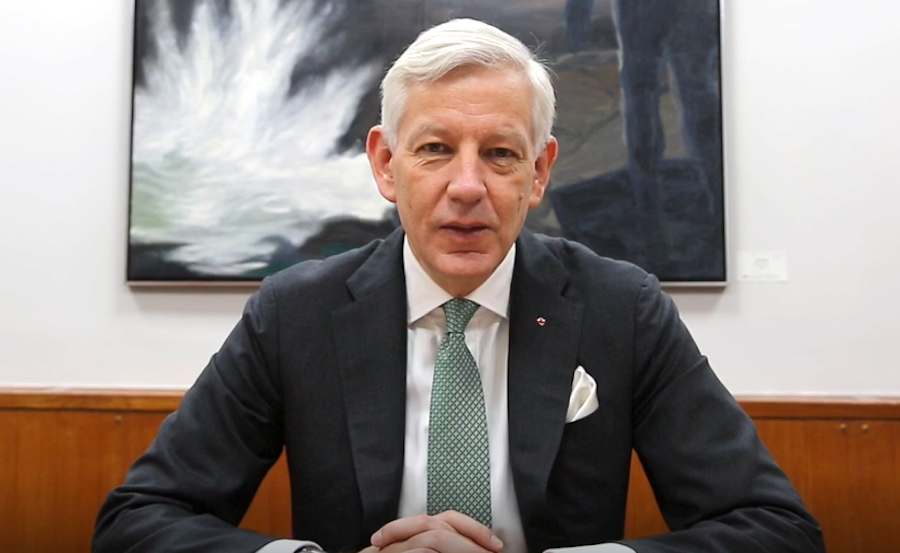
Thompson, whose four-year stint as chairman was marred by the destruction of the Juukan Gorge caves, announced earlier this year that he would step down once a successor was found.
The outgoing chairman acknowledged then that he was “ultimately accountable” for the blasting at Juukan Gorge to expand an iron ore mine.
“It is a great honour to succeed Simon as Chair of Rio Tinto. Returning to the private sector, I am excited to join a company with world-class people and assets as it navigates a shifting competitive landscape and seeks to emerge as a leader in the climate transition,” Barton said in the statement.
The global search for Thompson’s replacement was jointly led by UK senior independent director Sam Laidlaw and Australian senior independent director Simon McKeon.
The process included discussions with a cross-section of the company’s shareholders in relation to the attributes, experience and skills they expected in the new chair.
Barton’s appointment comes following a turbulent time for Rio Tinto after its destroyed a historic site in Western Australia, which was of large cultural importance to the indigenous population.
The incident led to the resignations of its then-chief executive Jean-Sébastien Jacques and two other senior executives.
A Ugandan-born Canadian, Barton spent over 30 years at McKinsey & Company, including nine as the global managing partner and six as Asia chairman. He also spent one year as chairman of Teck Resources (TSE: TECK.A) (TSE: TECK.B) (NYSE: TECK) and has been Canada’s ambassador to China since 2019.
Challenges ahead
Rio is under increased pressure from investors on environmental and social policies, but trade and political tensions between China and Australia may present a major headache for Barton.
The diplomatic spat that began in 2018 and intensified last year has seen China bar Australian goods ranging from coal to copper, wine and lobsters.
Barton will also have to help Rio navigate rising issues surrounding two of its top growth projects —the Oyu Tolgoi copper-gold mine expansion in Mongolia and the $2.4 billion Jadar lithium mine in Serbia.
The company agreed last week to cancel a $2.3 billion debt owed by Mongolia as part of the government’s share of the development costs for the underground extension of Oyu Tolgoi.
Rio is also facing hostility to its lithium project in in western Serbia. Early this month, local opponents organized a movement that has rocked the government and brought cities to a standstill as thousands of protesters marched in the streets. Authorities subsequently suspended a land-use plan for the proposed mine, though they didn’t reject the project completely.




